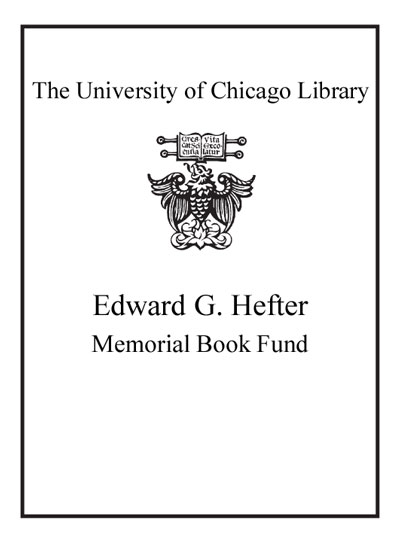| Summary: | This book offers readers a deeper understanding of the diffusion process of the Conditional Cash Transfer (CCT) programs in Latin America and the role played by experts and international organizations. CCTs have been increasingly implemented around the world in recent decades, and by 2010, 17 countries in Latin America had adopted them. The evidence suggests that this concentration is due to a process of policy diffusion. International organizations contribute to this process; however, the book's main argument is that there was another, more important actor involved: a regional epistemic community that increased the availability of information about CCTs and reinforced their legitimacy, playing a role in the domestic processes of formulation and adoption. This book addresses the diffusion of the programs throughout the region; diffusion mechanisms that can help us understand the programs' adoption (emulation, learning and coercion); and the impacts of key actors on the process (epistemic community, international organizations and policymakers).
|
|---|

